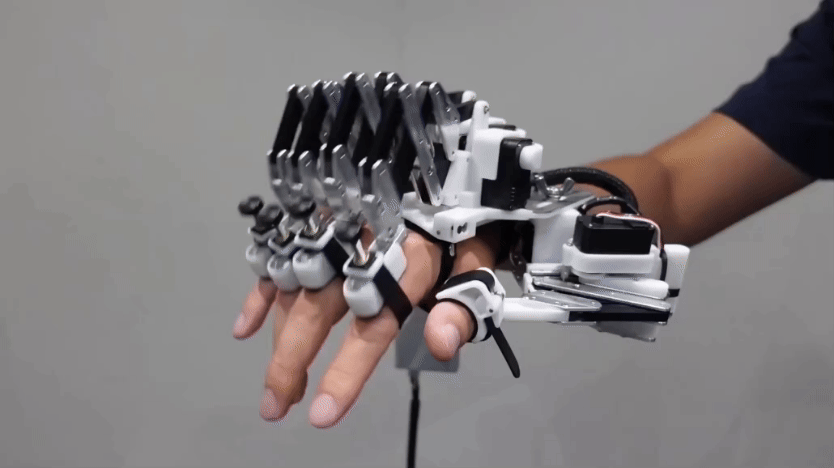Sleep to Remember Places and Routes
Deep sleep may help your brain solidify memories of where you've been and how you got there.
By Emily Sohn
It’s a crucial moment in a video game. The scene looks familiar. You vaguely remember that you’ve been at this spot before. Which way should you go now?
If you had taken a break earlier in the game and actually closed your eyes and gone to sleep, you may have a better chance of remembering where you’ve been and how you got there. Those memories could help you out later in the game.
That’s what a new study by neuroscientists in Belgium suggests.
 |
|
Sleep may help your brain shore up memories of the places you’ve visited and the routes you took to get there. |
The researchers taught a group of 24 men to play a computer game called Duke Nukem 3D. Using a joystick, the players explored a virtual town for an entire afternoon, moving from landmark to landmark.
After 4 hours of practice, 12 of the volunteers cruised around the virtual town again, trying to retrace routes. The researchers used a special brain scanner to measure blood flow and show which parts of the brains of these players were most active.
The results showed that, among these volunteers, people who were best at remembering virtual routes showed lots of activity in a part of the brain called the hippocampus, which is related to memory.
Another six volunteers went through the same training and memory testing, but they also underwent brain scans while they slept that night. Compared to volunteers who slept but hadn’t played the game at all, these six participants had lots of hippocampus activity during a stage of deep sleep, called slow-wave sleep. Those with the most hippocampus activity while resting were the ones who remembered the most the next day.
Slow-wave sleep appears to be essential for cementing information about places you’ve been and events you’ve experienced, the researchers say.
Take this as another reason to get your ZZZs.—E. Sohn
Going Deeper:
Bower, Bruce. 2004. Wayfaring sleepers: Brain area linked to slumber-aided recall. Science News 166(Nov. 6):294. Available at http://www.sciencenews.org/articles/20041106/fob7.asp .
Sohn, Emily. 2003. Memories are made with sleep. Science News for Kids (Oct. 15). Available at http://www.sciencenewsforkids.org/articles/20031015/Note2.asp .
Just Sleep On It! Sleep May Enhance Memory and Learning
faculty.washington.edu/chudler/jsleep.html
Neuroscience for Kids







